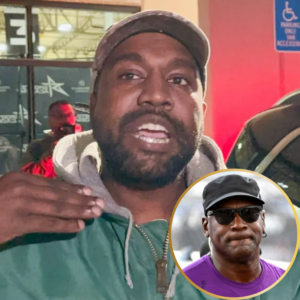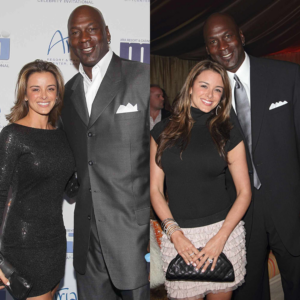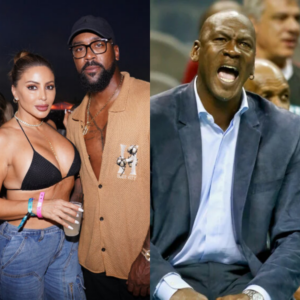50 Cent Reveals How Oprah Is Using Steve Harvey To Blackball Taraji
In a recent development within the entertainment industry, rapper and entrepreneur 50 Cent has taken aim at Steve Harvey, alleging his involvement in a scheme orchestrated by Oprah Winfrey to blacklist actress Taraji P.

Henson. The controversy stems from Henson’s outspokenness about mistreatment she endured on the set of “The Color Purple,” a film produced by Winfrey, which allegedly resulted in repercussions for her career.
The Situation Unfolds:
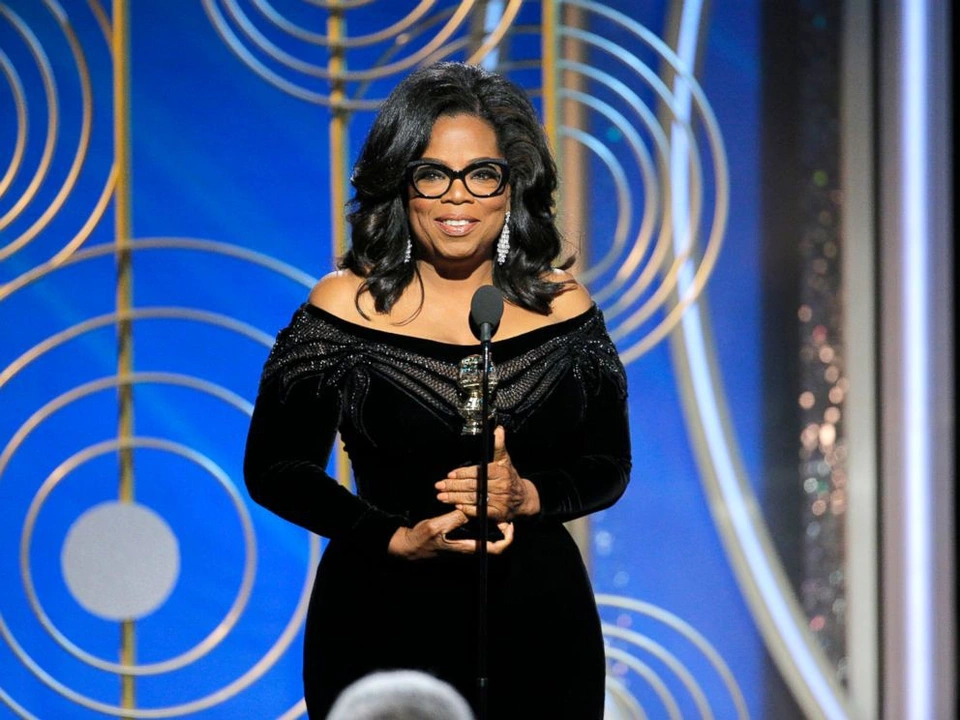
50 Cent asserts that Steve Harvey, a prominent figure in the entertainment industry, has allowed himself to be used by Oprah Winfrey in silencing Henson after she brought attention to the negative experiences she faced during the filming of “The Color Purple.”
According to 50 Cent, Winfrey blamed Henson for the film’s perceived failure, leading to studios reportedly withdrawing opportunities from her.
Money Over Race:

In the eyes of 50 Cent, the issue transcends race and is primarily about financial interests.
He emphasizes the competitive nature of the entertainment industry, where self-sacrifice is discouraged, and prioritizing financial success is paramount.
This perspective underscores the complexities of navigating Hollywood’s power dynamics and the consequences of speaking out against influential figures.
Allegations Against Oprah:
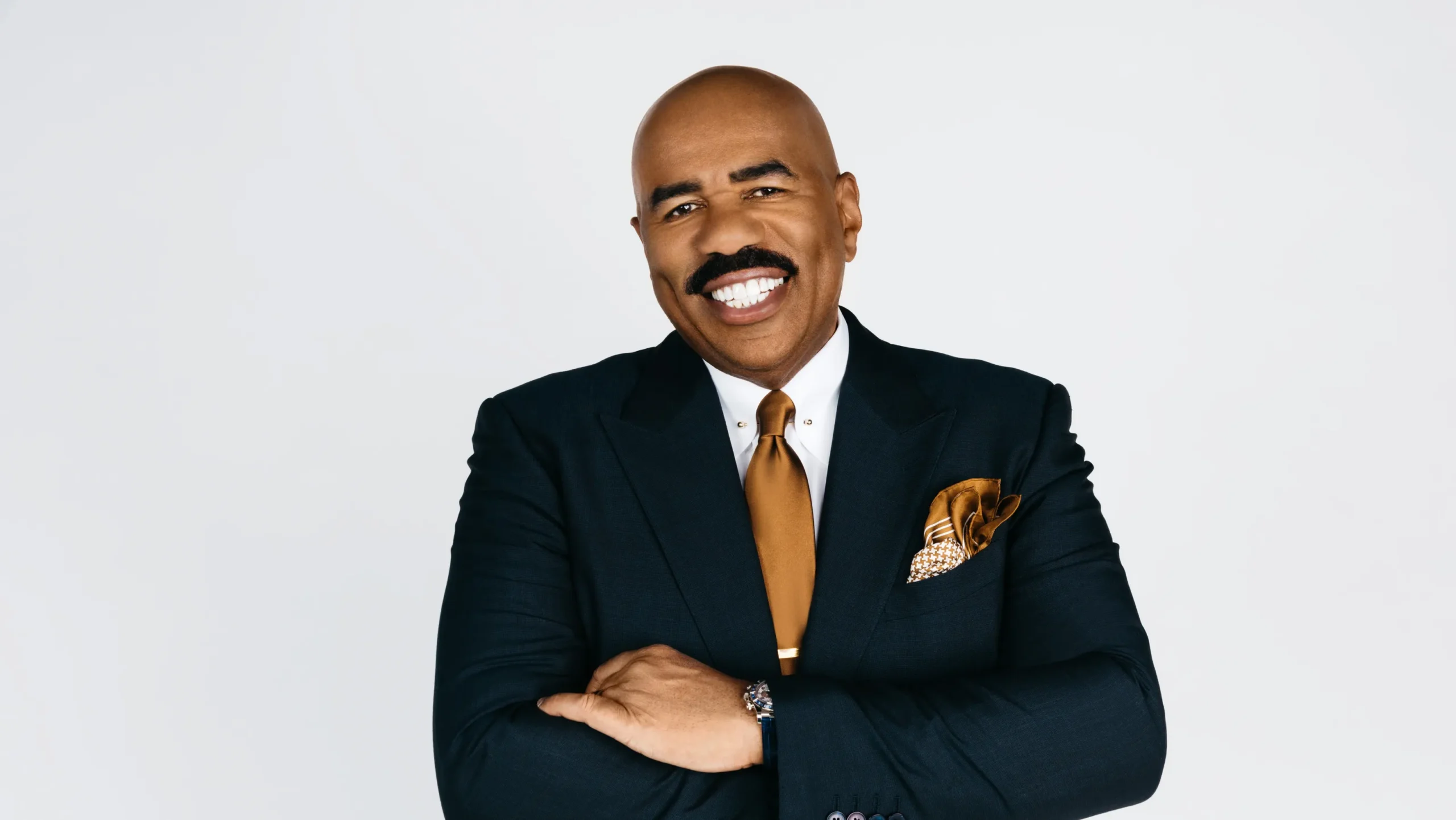
The text highlights 50 Cent’s allegations against Oprah Winfrey, suggesting that she harbors a sinister agenda and is willing to manipulate industry dynamics to serve her interests.
He claims to possess evidence supporting these assertions and hints at his readiness to expose Winfrey’s alleged misconduct.
Taraji P. Henson’s challenges as a black actress in Hollywood are also addressed, with a focus on her experiences of being underpaid and undervalued, particularly since her role in “Proud Mary.”
Henson’s frustrations echo broader discussions within the industry regarding the lack of recognition and equitable compensation for black women.
Support for Henson:
Throughout the text, there is a defense of Taraji P. Henson’s actions, drawing parallels between her situation and Oprah Winfrey’s past clashes with other actresses, such as Mo’Nique.
This defense highlights a pattern of alleged mistreatment within the industry and raises questions about the motivations behind Winfrey’s actions.

Questioning Oprah and Harvey’s Roles:
The article concludes by posing questions about Oprah Winfrey’s potential sabotage of Taraji P.
Henson’s career and Steve Harvey’s alleged complicity in facilitating the blacklisting. It references 50 Cent’s history of supporting Mo’Nique and his ongoing feud with Oprah, providing context for his involvement in the controversy.
Overall, the text combines commentary, quotes, and background information to provide a comprehensive examination of the unfolding drama surrounding Taraji P.
Henson, Oprah Winfrey, and Steve Harvey within the entertainment industry.
News
PHOTO: Hanna Cavinder, worth $924,000 NIL, wears an all-denim ensemble at the Miami Grand Prix in 2024. tt
PHOTO: $924,000 NIL-valued Hanna Cavinder show off an all-denim outfit for Miami Grand Prix 2024 Hanna and Haley Cavinder attended Miami Grand Prix 2024. Hanna Cavinder and…
Luka Doncic’s mother during the Mavericks-Clippers playoff game caught everyone’s attention with her exquisite ensemble. tt
Luka Doncic’s Mom Was Turning Heads With Her Stunning Outfit At Mavericks-Clippers Playoff Game Luka Doncic mother (Photo via Mirjam Poterbin/Instagram) Luka Doncic’s parents, Mirjam Poterbin and…
In an explosive Netflix documentary, Tim Donaghy exposed Michael Jordan, Phil Jackson, and the NBA (VIDEO) tt
Tim Donaghy Exposed The NBA, Phil Jackson, & Michael Jordan During Explosive Netflix Documentary (VIDEO) The name Tim Donaghy will forever be connected to the NBA as some fans…
During a rant, Kanye West shockingly claims that Michael Jordan’s father was “sacrificed” to the Illuminati (VIDEO) tt
Kanye West Makes Shocking Claim That Michael Jordan’s Dad Was ‘Sacrificed’ To The Illuminati During Rant (VIDEO) Kanye West has lost a lot of deals and a ton…
Details Of Michael Jordan’s Prenuptial Agreement With Current Wife Yvette Prietto Are Revealed in a New Report. tt
New Report Uncovers The Details Of Michael Jordan’s Prenup With Current Wife Yvette Prietto After going through a massive divorce in the past, NBA Great Michael Jordan apparently has a prenup…
“I Feel Bad for Michael”: Charles Barkley Gives His Take on Marcus Jordan’s Messy Affair With Larsa Pippen. tt
“I Feel Bad for Michael”: Charles Barkley Gives His Take on Marcus Jordan’s Messy Affair With Larsa Pippen Charles Barkley, Michael Jordan, Larsa Pippen and Marcus Jordan…
End of content
No more pages to load



